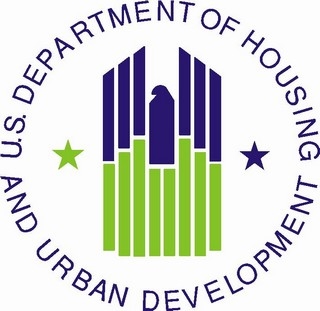Advertisement
HUD to Inject $120 Million into Funding for Housing for the Disabled

To help prevent thousands of people with disabilities from experiencing homelessness or unnecessary institutionalization, the U.S. Department of Housing & Urban Development (HUD) has announced the availability of approximately $120 million in funding for state housing agencies to provide long term project-based rental assistance to extremely low-income persons with disabilities, many of whom are transitioning out of institutional settings or are at high risk of homelessness.
HUD’s support of these state agencies is made possible through theSection 811 Project Rental Assistance (PRA) program which enables persons with disabilities who earn less than 30 percent of their area’s median income to live in integrated mainstream settings. State housing agencies are working closely with their state Medicaid and Health and Human Service counterparts to identify, refer, and conduct outreach to persons with disabilities who require long-term services and supports to live independently.
“HUD and HHS are working together to help states reduce health care costs, improving quality of life for persons with disabilities, and helping to end homelessness as we know it,” said HUD Secretary Shaun Donovan.
Authorized by the Frank Melville Supportive Housing Investment Act of 2010, the Section 811 PRA will award rental assistance funds to state housing agencies (or other appropriate entities) that have formed partnerships with state Medicaid and health and human services agencies that have developed methods for identifying, referring, and conducting outreach to a target population of extremely low-income persons with disabilities requiring long term services and supports.
This is a NOFA using funds from FY2013 and FY2014. Then deadline to apply is Monday, May 5, 2014. In the last round of funding, 13 states were awarded funds to create approximately 3,500 housing units for this vulnerable population.
This announcement reinforces the guiding principles of the Americans with Disabilities Act and the landmark 1999 Supreme Court ruling in Olmstead v. L.C., which require state and local governments to provide services in the most integrated settings appropriate to meet the needs of individuals with disabilities.
The funding announced also supports the Obama Administration’s long-term strategy to prevent and end homelessness. TheDedicating Opportunities to End Homelessness (DOEH) Initiative is a joint effort by HUD and the U.S. Interagency Council on Homelessness (USICH) designed to help communities match their homeless supports with other mainstream resources such as housing choice vouchers, public housing, private multifamily housing units, and other federally funded services.
About the author





